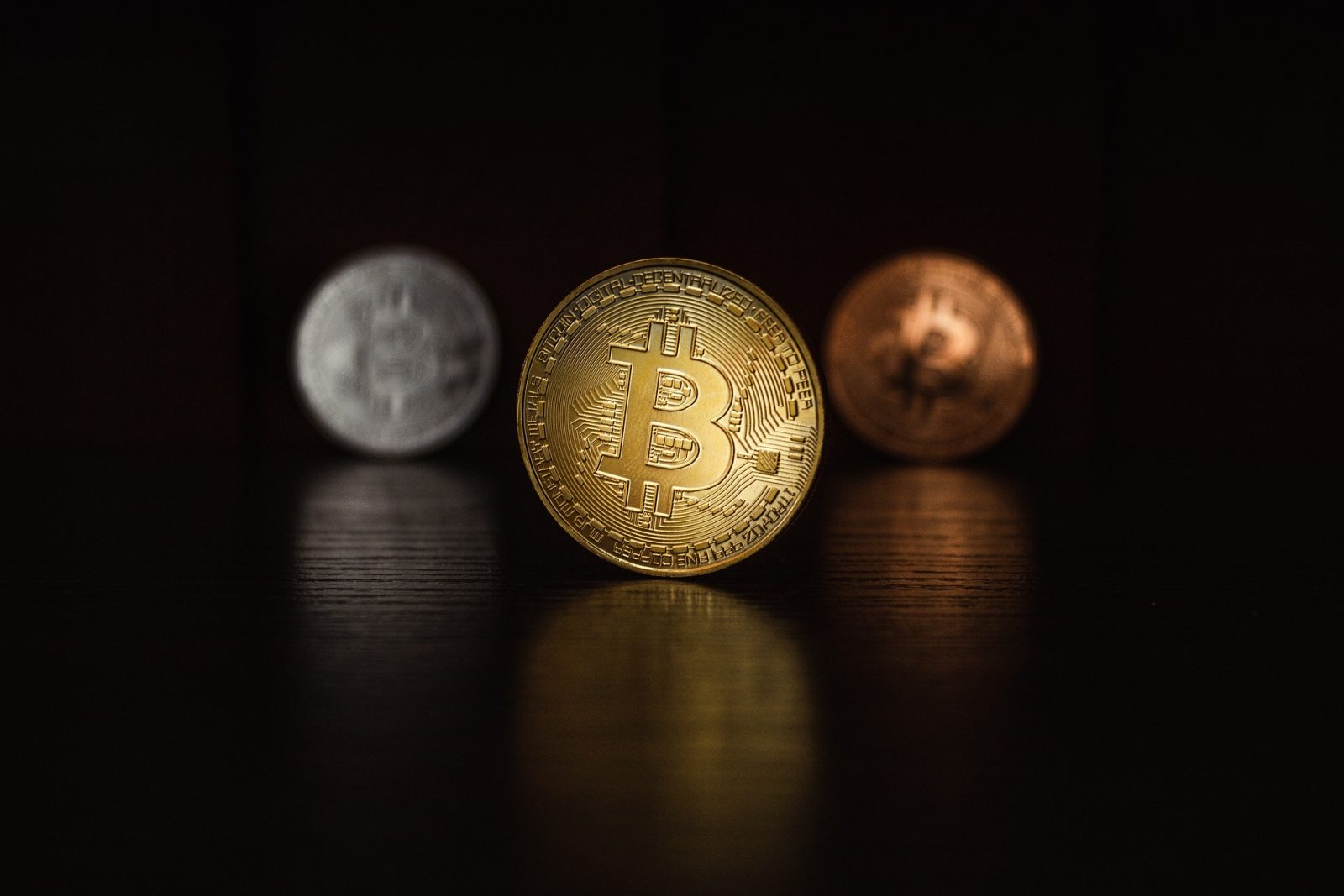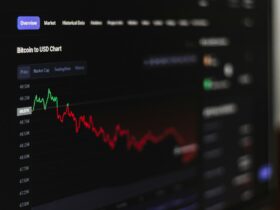Introduction:
The Chair of the Commodity Futures Trading Commission (CFTC) has recently emphasized the necessity of regulating decentralized finance (DeFi) crypto exchanges, even if they are purely digital and operate solely through code. In this step-by-step article, we will delve into the statement made by the CFTC Chair, exploring the reasons behind the push for regulation and its potential implications for the DeFi ecosystem.
Understanding DeFi Crypto Exchanges
Begin by gaining a comprehensive understanding of decentralized finance (DeFi) crypto exchanges. These platforms utilize blockchain technology and smart contracts to facilitate peer-to-peer transactions, eliminating the need for intermediaries. Familiarize yourself with the decentralized nature and key features of these exchanges.
Research the CFTC and Its Role
Research the role and responsibilities of the Commodity Futures Trading Commission (CFTC). Understand that the CFTC is an independent regulatory agency in the United States, overseeing derivatives markets and ensuring fair and transparent practices. Familiarize yourself with its mandate and regulatory objectives.
Analyze the Statement by the CFTC Chair
Analyze the statement made by the CFTC Chair regarding the regulation of DeFi crypto exchanges. Examine the specific points raised, such as the assertion that these exchanges will be regulated, irrespective of their nature as “just code.” Evaluate the rationale behind this regulatory stance.
The Rationale for Regulatory Oversight
Understand the reasons driving the push for regulatory oversight of DeFi crypto exchanges. Consider factors such as investor protection, market integrity, anti-money laundering (AML) compliance, and the potential for fraudulent activities within the DeFi ecosystem. Assess how regulation can address these concerns.
Assessing Regulatory Challenges
Recognize the unique challenges associated with regulating decentralized platforms that operate solely through code. These challenges may include the absence of centralized entities to regulate, cross-border transactions, and the evolving nature of DeFi. Analyze the potential limitations of traditional regulatory frameworks in this context.
Identifying Potential Regulatory Measures
Explore potential regulatory measures that could be applied to DeFi crypto exchanges. These measures might involve know-your-customer (KYC) requirements, anti-money laundering (AML) regulations, transaction monitoring, and compliance with regulatory frameworks for smart contracts and decentralized autonomous organizations (DAOs).
Evaluating Implications for the DeFi Ecosystem
Assess the potential impact of increased regulation on the DeFi ecosystem. Consider the implications for innovation, decentralization, user privacy, and the overall accessibility of DeFi platforms. Evaluate the balance between regulatory oversight and preserving the core principles of decentralized finance.
International Perspectives on DeFi Regulation
Examine how regulators and jurisdictions worldwide are approaching the regulation of DeFi. Research the stance of global regulatory bodies and the potential for international cooperation in developing regulatory frameworks for decentralized finance. Consider the challenges and opportunities of harmonizing regulatory approaches across borders.
Community and Industry Responses
Review the responses from the DeFi community and industry stakeholders to the CFTC Chair’s statement. Evaluate the concerns, perspectives, and proposals put forth by developers, users, and industry experts. Consider the potential for constructive dialogue and collaboration between regulators and the DeFi ecosystem.
Future Outlook and Evolution of Regulation
Reflect on the potential evolution of DeFi regulation in light of the CFTC Chair’s statement. Recognize the dynamic nature of the regulatory landscape and the need for frameworks to adapt to technological advancements. Stay informed about the developments in regulatory approaches and industry advancements shaping the future of DeFi regulation.












Leave a Reply